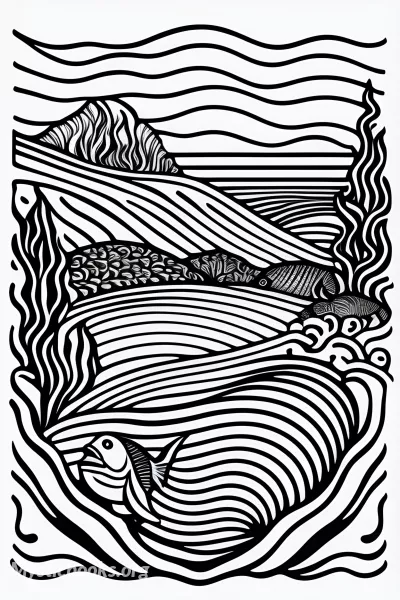
Opuscula
by Aristotle
'Opuscula' Summary
Opuscula is a collection of shorter works by Aristotle, one of the most influential philosophers of all time. These works cover a wide range of topics, including physics, metaphysics, ethics, and politics.
Opuscula is a valuable resource for anyone who wants to learn more about Aristotle's philosophy. The works in this collection are written in a clear and concise style, and they provide a good overview of Aristotle's thought.
One of the most important themes in Opuscula is the search for knowledge and understanding. Aristotle believed that the best way to live a good life is to understand the world around us and to live in accordance with reason.
In his work On Colours, Aristotle investigates the nature of color and light. He argues that color is not a property of objects themselves, but rather a perception that we have when light interacts with objects.
In his work On Things Heard, Aristotle investigates the nature of sound. He argues that sound is caused by vibrations in the air, and that the pitch and loudness of a sound are determined by the frequency and amplitude of the vibrations.
In his work Physiognomonics, Aristotle attempts to link physical characteristics to personality traits. He argues that certain facial features are indicative of certain character traits.
In his work On Plants, Aristotle investigates the nature of plants. He describes the different parts of a plant and how they function. He also discusses the different types of plants and how they reproduce.
In his work On Marvellous Things Heard, Aristotle collects and analyzes reports of strange and unusual phenomena. He attempts to explain these phenomena using natural causes.
In his work Mechanics, Aristotle discusses the principles of mechanics, such as levers, pulleys, and wedges. He also discusses the motion of objects.
In his work On Indivisible Lines, Aristotle argues that there is no such thing as an indivisible line. He argues that all lines can be divided into smaller and smaller parts.
In his work The Situations and Names of Winds, Aristotle describes the different types of winds and how they are caused.
In his work On Melissus, Xenophanes, and Gorgias, Aristotle criticizes the philosophical views of Melissus, Xenophanes, and Gorgias.
Opuscula is a collection of essential works by Aristotle, one of the greatest philosophers of all time. These works cover a wide range of topics, and they provide a good overview of Aristotle's thought. Opuscula is a must-read for anyone interested in philosophy or in the history of thought.
Essence and Spirit of the Book
The essence and spirit of Opuscula is captured in the following quote from the book:
"The aim of philosophy is to understand the world around us and to live a good life."
Aristotle's philosophy is all about seeking knowledge and understanding. He believed that the best way to live a good life is to understand the world around us and to live in accordance with reason.
Conclusion
Opuscula is a valuable resource for anyone who wants to learn more about Aristotle's philosophy. The works in this collection are written in a clear and concise style, and they provide a good overview of Aristotle's thought. Opuscula is a must-read for anyone interested in philosophy or in the history of thought.
Book Details
Language
EnglishOriginal Language
GreekPublished In
Authors
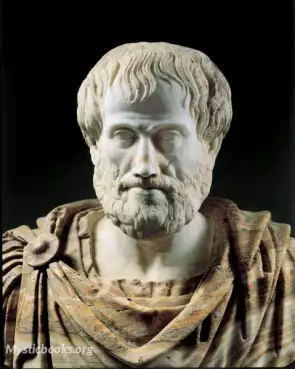
Aristotle
Greece
Aristotle (384–322 BC) was a Greek philosopher and polymath during the Classical period in Ancient Greece. Taught by Plato, he was the founder of the Lyceum, the Peripatetic school of philosophy...
Books by AristotleDownload eBooks
Listen/Download Audiobook
- Select Speed
Related books
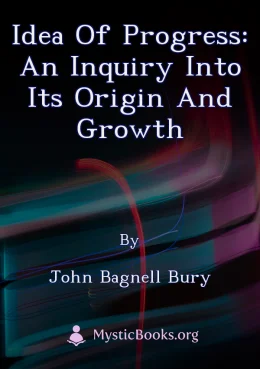
Idea of Progress: An Inquiry into Its Origin and Growth by John Bagnell Bury
The Idea of Progress is a classic work of historiography that explores the development of the concept of progress from its origins in the classical pe...
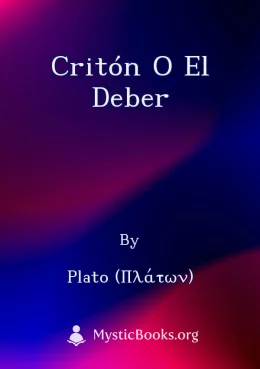
Critón o el deber by Plato (Πλάτων)
En "Critón o el deber", Platón presenta un diálogo entre Sócrates y su amigo Critón, quien le ofrece la posibilidad de escapar de la prisión antes de...

Varied Types by Gilbert K. Chesterton
Another delightful and sharply pointed excursion into the topics of the day, and of our day as well, with Gilbert Keith Chesterton. Here he uses his w...

Sentiment, Inc. by Poul William Anderson
In a future society where technology has advanced to the point of manipulating emotions, the novel explores the ethical ramifications of controlling p...

Zum ewigen Frieden. Ein philosophischer Entwurf by Immanuel Kant
Immanuel Kant's "Zum ewigen Frieden" (Perpetual Peace) delves into the complex relationship between morality and international affairs. Kant argues t...
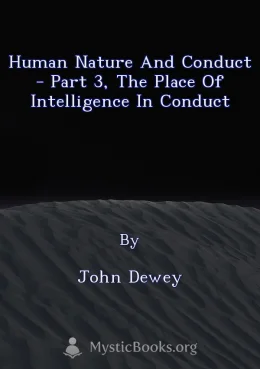
Human Nature and Conduct - Part 3, The Place of Intelligence In Conduct by John Dewey
John Dewey, a prominent philosopher and educational theorist, explores the role of intelligence in shaping human conduct in this book. He delves into...

Aesop's Fables: A New Revised Edition by Aesop
This collection of Aesop's Fables presents a timeless selection of short stories that offer valuable lessons about human behavior. Each fable features...

Eleven Theses on Feuerbach by Karl Marx
The “Theses on Feuerbach” are eleven short philosophical notes written by Karl Marx in 1845. They outline a critique of the ideas of Marx’s fellow You...

Manifest der Kommunistischen Partei by Karl Marx
Karl Marx und Friedrich Engels schrieben ihr Manifest im Dezember 1847, als Leitfaden fuer die grundsaetzlichen Prinzipien und Praktiken des Kommunism...
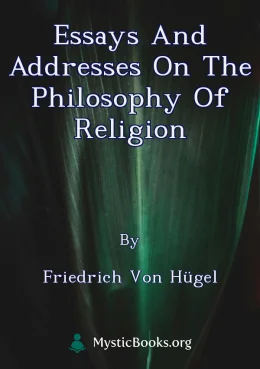
Essays and Addresses on the Philosophy of Religion by Friedrich von Hügel
Friedrich von Hügel's *Essays and Addresses on the Philosophy of Religion* presents a profound and insightful exploration of faith, reason, and the na...
Reviews for Opuscula
No reviews posted or approved, yet...